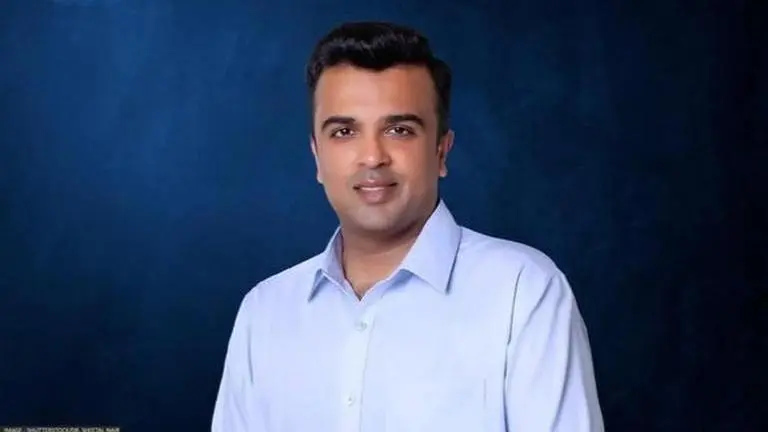Updated 23 March 2023 at 15:09 IST
A new social contract for Indian education system: Dr Sheetal Nair
India is at a turning point, as we try to not just catch the imagination of the world but become a world leader – being the Vishwa Guru in every sense.
- Initiatives News
- 3 min read

India is at a turning point, as we try to not just catch the imagination of the world but become a world leader – being the Vishwa Guru - in every sense. We are aware of the fact that knowledge & learning are the basis for transformation; But disparities not just in wealth but also resources – as also a pressing need to reimagine why, how, what, where, and when we learn – mean that our present education, NEP notwithstanding is not yet fulfilling its promise to help us shape a peaceful, just, and sustainable future.
The jugaad framework
Confused about the long sentence in the above para, well the reduced word count meant that I had to merge around 4 to 5 points in one – a simple Jugaad. But then we Indians are famous for our “Jugaad”. You see, in our quest for growth & development, we Indians have overwhelmed our ancient education system & clubbed with our colonial mindset, we are constantly threatening our own existence by committing “Jugaad” every second day. Rapid technological changes are transforming many aspects of education, yet, these innovations are not adequately directed at equity, inclusion and democratic participation when it comes to the Right to Education.
The social contract
What I perceive here is that education can be seen in terms of a social contract – similar to the one which the French philosopher Rousseau shared – an implicit agreement among members of a society to cooperate for shared benefit. If he was alive to see the present system, he would have commented “…. beyond men’s judgements all covenants were brittle….”.
A social contract is more than a mere transactional act, since it reflects norms, commitments & principles that are culturally embedded with the starting point being a shared vision of the general view of education. This contract consists of the foundational principles that structure the education system, as well as the distributed work done to build, maintain and refine them.
Advertisement
The future – Is it bleak or is there light at the end of the tunnel?
In our education system plagued by Schools/Universities lacking proper teaching & human infrastructure to the booming Byju’s & the Allen’s of the world; the pandemic served as a fast forward as we skipped at least a decade just like the Back to the Future movies where schools & tuitions may soon become redundant!!! Yes, if they keep functioning in the same manner, since information dissemination is happening from one corner of the world to the other – Virtually & absolutely free of cost too, just need Data which thanks to Jio is dirt cheap. Then what does the society expect the student to learn when he or she visits the institute? Human skills? Or is there something more than this? Does the NEP address this?
I visualise this social contract for education as uniting us around collective endeavours to provide the innovation needed to shape a sustainable future for all. There are thus four essential questions to ask of education as we look to 2030:
Advertisement
- What should we continue doing?
- What should we abandon?
- What needs to be creatively invented afresh?
- More importantly, What Next?
I’m told that asking so many questions can be confusing for the common reader & that I should be providing solutions but then my counter is that, to ask the right question is already half the solution to the problem. And I have hit the bulls eye with these questions, for the parents, students & the organisations looking to invest in the students.
Published By : Digital Desk
Published On: 23 March 2023 at 13:45 IST
